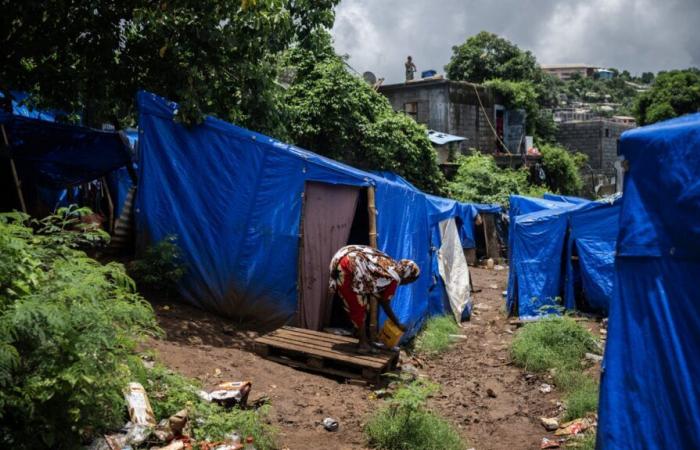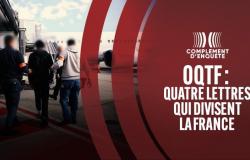Giving money to irregular migrants so that they return to their country: the idea resurfaced in the debate around the migration crisis in Mayotte. Used for 50 years in France, voluntary return assistance nevertheless struggles to convince.
In a column, published in the Figaroon January 5, the Ministers of the Interior Bruno Retailleau and Overseas Ministers Manuel Valls called for ” extend “ in Mayotte, which is currently excluded, “Assistance for the voluntary return of African nationals to their country of origin”.
“It’s not a question of money”
What does this device consist of? Aimed at foreigners subject to an obligation to leave French territory (OQTF), this system, aimed at nationals of 23 countries, provides a fixed allowance of up to 2,500 euros, to which can be added the financing of a professional project.
This envelope dedicated to reintegration, from 5 to 6,000 euros on average (10,000 euros maximum), can be financed by European funds via the Frontex agency.
In 2024, the French Office for Immigration and Integration (Ofii) paid 6,908 voluntary return grants (+ 2.36% over one year), mainly to Georgian and Albanian nationals (1,800). The three Maghreb countries (Algeria, Morocco, Tunisia) reaching a thousand. Compared to just over 26,500 aids in Germany, where a similar system exists.
When did it go back? Incentives to return appeared in 1977 under Valéry Giscard d'Estaing. They were originally aimed at encouraging unemployed foreigners to return home following the oil crisis.
“It was a flop even then. The only ones to benefit were the Portuguese and the Spanish who had already planned their return and who were not the intended target.recalls Thomas Lacroix, research director at the CNRS in geography, specialist in migration.
In the 1980s, this system was replaced, without success, by reintegration assistance for unemployed foreigners wishing to develop a project in their country of origin. It was finally replaced in the 1990s by the current financial incentive for irregular migrants.
-Does this device work? This aid, no more than the previous ones, has never really succeeded in convincing. « It’s not a question of money”underlines Thomas Lacroix. “The cost of the uncertainty generated by the return is greater than the aid that is offered, many things cannot be quantified. »
Such as the economic uncertainty of the country of origin, possible family conflicts or the fact that people who immigrated often fell into debt with their families to leave and that the return is perceived as a failure, lists the researcher.
Returns could be more considered “if immigrants could move more fluidly and if it was not so difficult to obtain papers”believes Thomas Lacroix.
For her colleague Camille Le Coz, researcher at the Migration Policy Institute think tank, voluntary returns would however benefit from being developed. They are “much more worthy” for those affected.
It also creates less diplomatic tension and costs less, she emphasizes, but “Politically, it’s a little difficult to defend, because it means we’re giving a scholarship to people who are in an irregular situation and that doesn’t please the far right”.
“The cost of a forced return under police escort with placement in an administrative detention center is much more expensive”nevertheless defends Didier Leschi, the director of Ofii. A 2019 parliamentary report valued it at 13,800 euros.




